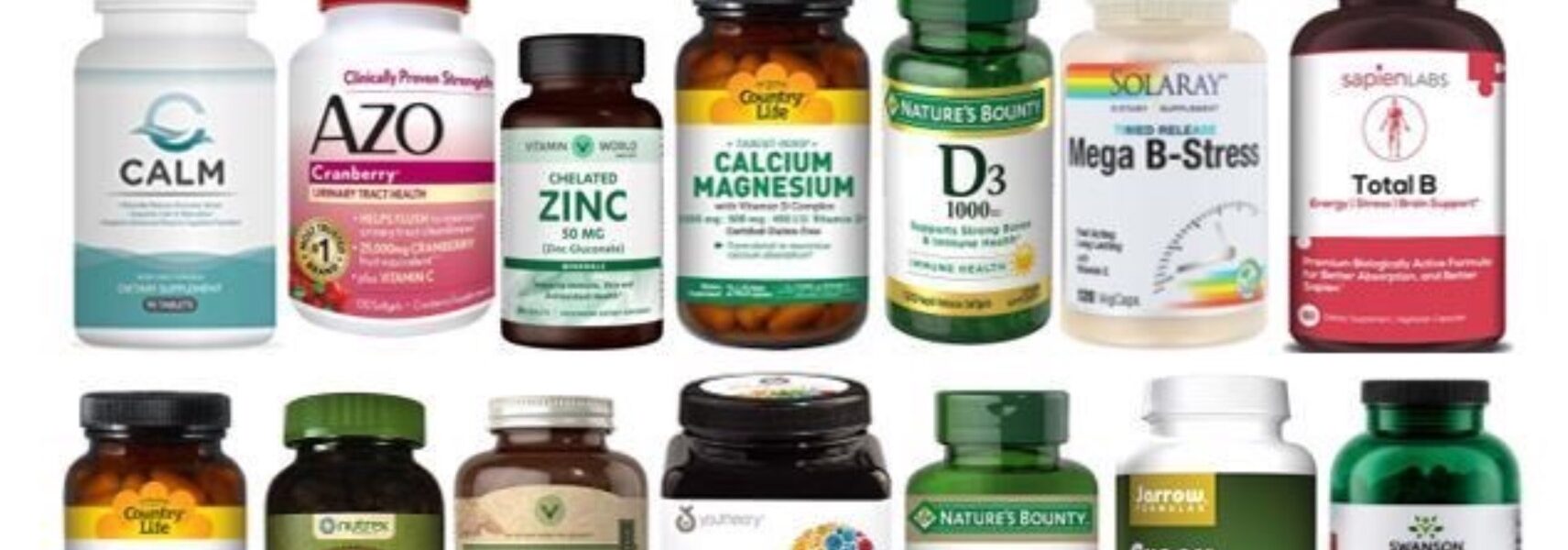Vitamin Supplements in the last few decades has grown from a niche market into a global powerhouse addressing nutritional deficiencies
According to several market analysts, the industry is projected to surpass $250 billion by 2030.
The growth is largely fueled by increasing awareness about health, aging populations, and a bit of clever marketing. Afterall, who would not want to improve their health with just a tablet per day.
But before we jump on the bandwagon, it is worth taking a closer look at what these supplements actually do, whether they play a necessary role, and when they might even be harmful.
What Are Vitamins and Why Do We Need Them?
.Vitamins are organic compounds that our bodies need in small amounts to function properly. They are crucial for everything from maintaining a healthy immune system to supporting bone health and aiding in energy production.
There are 13 essential vitamins, including A, C, D, E, K and the B vitamins like B6, B12, niacin, and folate. Most of these vitamins are not produced in the body (or only in very small quantities), so we need to obtain them from our diet.
In an ideal world, we get all our vitamins from whole foods and fruits, vegetables, lean proteins, grains, nuts and dairy.
Unfortunately, not everyone has access to or consumes a balanced diet every day. Busy schedules, economic limitations, or just poor eating habits can all lead to deficiencies.
This is where supplements step in to supplement what might be lacking in the diet.
But here is the thing. Supplements do not replace real food. Whole foods contain not just vitamins but also fiber, minerals, antioxidants and other bioactive compounds that cannot be bottled or manufactured. The complex interactions between these nutrients in food offer benefits that supplements alone cannot replicate.
When We Actually Need Supplements
Vitamin supplements have some good effects. In fact, they play an essential role in certain situation. For instance, people with specific medical conditions such as Crohn’s disease or celiac disease might have trouble absorbing nutrients from food, and therefore require supplements.
Health experts advise pregnant women to take folic acid to lower their babies risk of neural tube defects. Older adults often need more vitamin D and B12 because of age related changes in digestion and metabolism. And vegans or strict vegetarians may need supplements like B12, which is primarily found in animal products.
In cases like these, vitamin supplements actively support our health, Supplements should be guided by need, not assumption or impulse.
The Problem With Over Supplementation
Many people take supplements without consulting a doctor or doing a blood test. The assumption is usually that if a little is good, then more must be better. This can be a dangerous mindset.
Take vitamin A, for example. It is important for vision, the immune system and reproduction. But in high doses, it can cause liver damage, dizziness, nausea, and even birth defects if taken during pregnancy.
Vitamin D toxicity can lead to calcium build up in the blood, causing nausea and kidney problems. Iron supplements when not needed, can cause constipation and even interfere with the absorption of other minerals.
There are also risks of interactions with medications. For example, vitamin K can interfere with blood thinners, and vitamin E in high doses can increase the risk of bleeding.
Then there is the issue of megadoses the practice of taking vitamins in quantities far above the recommended daily allowance.
Many of these claims are unsupported by scientific evidence. Scientists haven’t consistently proven that taking large doses of vitamin C during a cold shortens its duration or eases symptoms even though it plays an essential role in immune health.
Quality Control and Regulation of Vitamin Supplements
One of the most overlooked aspects of the supplement industry is the lack of strict regulation. In many countries, including Nigeria, Regulators do not regulate dietary supplements as strictly as they regulate prescription drugs.
This means manufacturers are not required to prove their products are effective or even safe before selling them. It is not uncommon for independent lab testing to find discrepancies between what is on the label and what is actually in the bottle.
Some supplements contain more or less of the advertised nutrient. Others may be contaminated with heavy metals, pesticides, or even prescription drugs.
That is why it is important to choose reputable brands, Ideally, choose products that third-party organizations like USP, NSF International, or ConsumerLab have independently tested.
The Psychology Element of Vitamin Supplements
There is also a psychological element to all of this. Taking a vitamin pill can give people a sense of control over their health.
It feels proactive, almost like an insurance policy. In some cases, it might even lead to the licensing effect where someone who takes a supplement feels justified in eating unhealthy food later because to them, they have already done something good for their health.
This kind of thinking misleads people. Relying on supplements weakens the foundation of healthy habits like regular exercise, sufficient sleep, stress management, and a balanced diet.
The first step is to assess your actual needs. That means looking at your diet and lifestyle and, if necessary, consulting a healthcare professional. You might not need a multivitamin at all, or you might only need specific nutrients.
People who get little sunlight often benefit from taking vitamin D supplement. If you plan to get pregnant take folic acid is good. If you are a vegetarian, B12 is good.
Secondly, always check the dosage. More is not always better. Stick to the recommended daily amounts unless otherwise advised by your doctor. And do not fall for buzzwords like natural, superfood, or immune boosting without verifying the evidence.
Lastly, always remember that food should always come first. A plate full of colorful fruits and vegetables, whole grains, lean proteins and healthy fats will offer you far more than any tablet.
Vitamin supplements do not inherently possess good or bad qualities, people use them as tools. Like any tool, their value depends on how and when people use them.
In specific situations, they can be life saving or health restoring. But taken blindly or excessively, they can do more harm than good.
Attractive labels easily win over people, glowing online reviews, and influencers promoting the latest must have supplement. But health is never one size fits all, people make the best decisions when they follow science, not trends.




